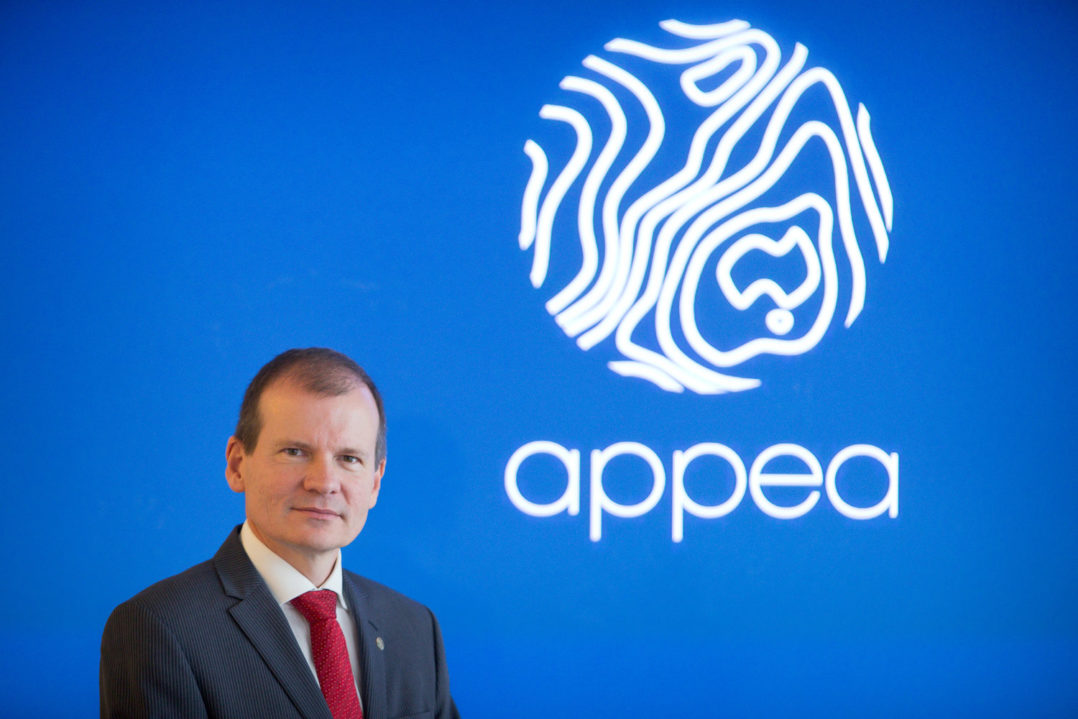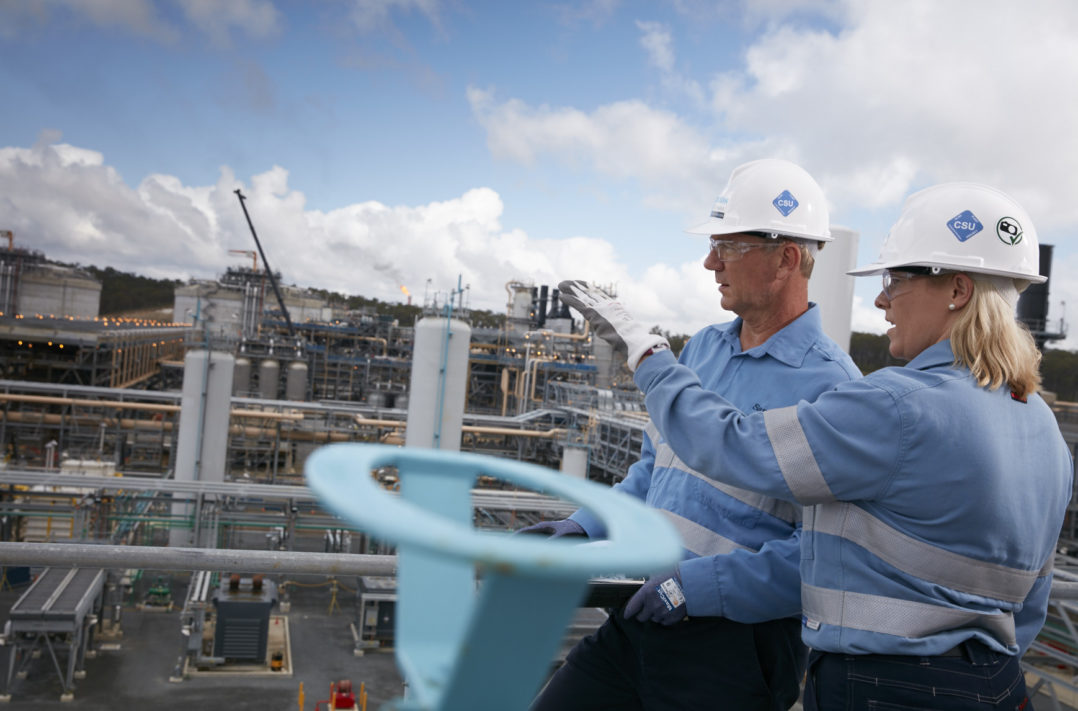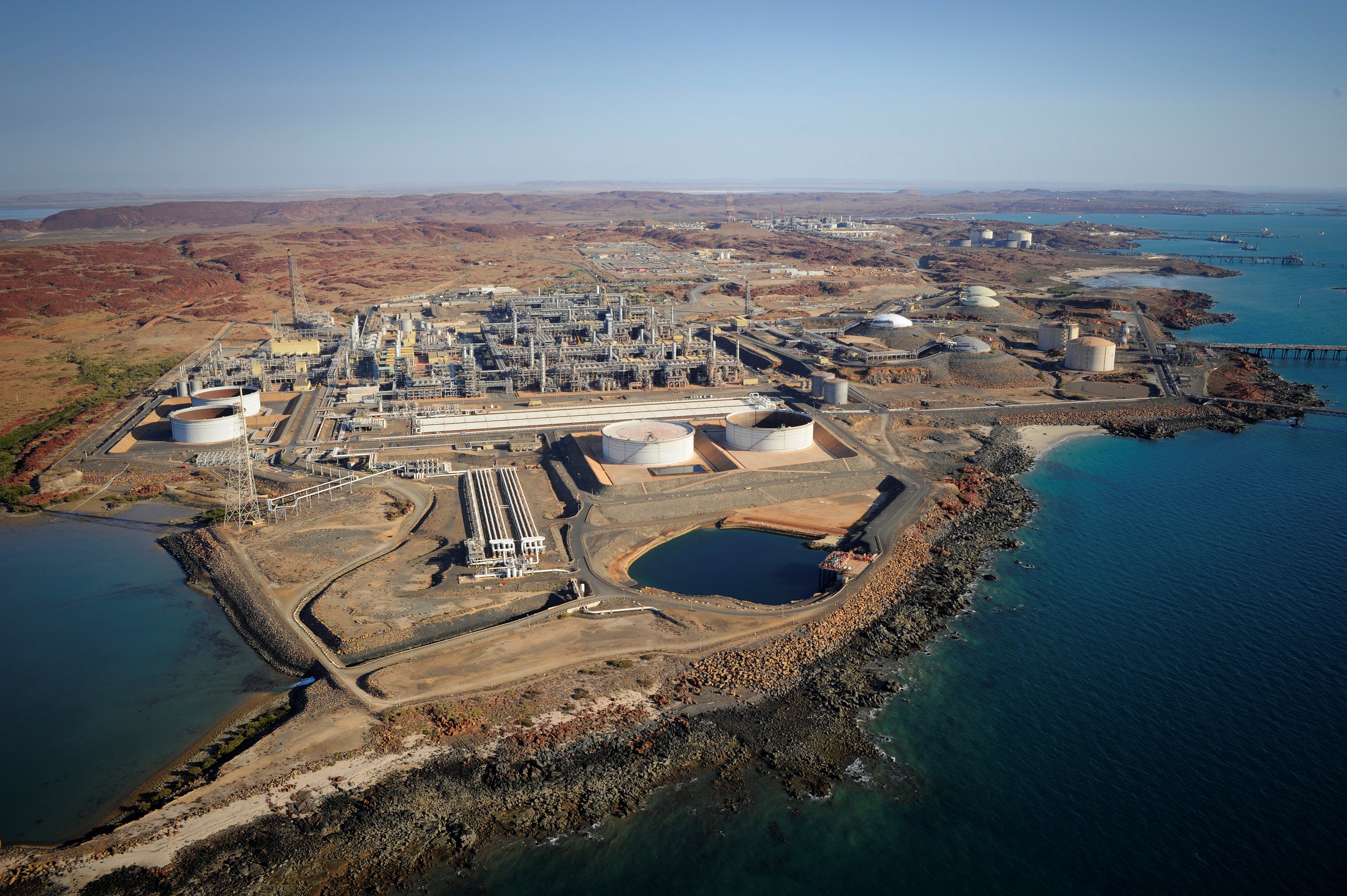New Australian Bureau of Statistics (ABS) data highlights the important contribution the oil and gas industry and liquefied natural gas (LNG) exports are playing in supporting the ongoing growth of Australia’s economy.
Oil and gas extraction value-added figures increased by 10.8 per cent in 2017-18 compared with 2016-17, to reach a record $30 billion, according to ABS figures from Australian National Accounts: National Income, Expenditure and Product, Jun 2018.
APPEA Chief Executive Dr Malcolm Roberts said: “The latest ABS data reaffirms how significant LNG exports are for sustaining Australia’s economic growth and prosperity – these exports are a vital source of strength for the economy.”
Data released last month found LNG exports increased by 39 per cent in 2017-18, as new projects started operating.
Dr Roberts said: “The Australian oil and gas industry has invested more than $300 billion in the economy over the last 10 years. This investment will deliver decades of economic growth, exports and jobs for Australia.
“With Australia’s abundant resources of natural gas, the economic outlook should remain extremely positive.
“But for LNG to continue to be a pillar of the nation’s economy, amid growing competition from other suppliers, exploration and development must be fostered and not restricted.
“All governments should consider the ongoing economic, social and environmental benefits offered by a growing gas industry.
“Government must also focus on co-operative action to reduce the cost and risks of producing gas for the domestic market and overseas customers, rather than on costly interventions and regulations that will endanger future investment and supply.”
APPEA also commented on the air quality of the Surat Basin in Queensland, which was found to be well within air quality typical of similar rural areas, according to the first comprehensive ambient air quality study in a coal seam gas (CSG) region of Australia.
Conducted by CSIRO’s Gas Industry Social and Environmental Research Alliance (GISERA)*, the independent research assessed and modelled air quality in the Surat Basin gas region to investigate the influence of CSG activities on air quality.
The comprehensive air quality measurements taken at three gas fields and two regional ambient air monitoring sites revealed “good air quality within the Surat Basin area” following studies undertaken near Condamine, Miles and Chinchilla between 2014 and 2018.
APPEA welcomed the report, saying the scientific study confirmed that air quality in the south east Queensland gas fields is comparable to living in a rural and regional area elsewhere in Australia.
“This comprehensive scientific report clearly dispels the claims that the gas industry is releasing toxic materials into the air,” said Dr Roberts.
“This study, which provides the largest contribution of air quality data in the region, clearly provides information for the local community about good ambient air quality.”
All of the data is being streamed to the Queensland Government Department of Environment and Science: www.ehp.qld.gov.au/air/data.
Nevertheless, the peak body condemned the South Australian Government for its backflip on enshrining in legislation an unnecessary, unscientific 10-year ban on hydraulic fracturing in the state’s South East.
“It is disappointing to see the state government align with the Greens and an opportunistic Independent by changing its position on a legislated moratorium,” said APPEA SA Director Matt Doman.
“In doing so, the government is playing short-term politics with an industry making a vital contribution to the state’s economic and energy security.
“Just weeks ago, the Marshall Liberal Government sensibly rejected a Greens bill seeking to lock the moratorium into legislation.
“Today’s decision puts at risk the state’s hard-won reputation as a stable policy environment in which resources companies could invest.
“The backflip comes just as political leaders elsewhere are highlighting the need to secure new gas supplies and attacking unscientific bans in other states.”
The oil and gas industry has been a significant contributor to SA’s economy and community for more than 60 years and can play a key role in continuing to develop much-needed energy resources in South Australia.
“The Liberal Party’s policy of imposing a 10-year moratorium on the use of hydraulic fracturing to develop natural gas resources in the South East of South Australia, although opposed by our industry, was clear before this year’s election and since,” Mr Doman said.
“Continuing to play politics with this policy is unnecessary. There are no companies with any plans to use fracking in the South East, but political posturing that pretends this established safe and sustainable practice threatens the environment or can disadvantage existing land users undermines confidence in the industry wherever it operates.
“The policy ignores the decades-long track record of our industry in the region and the fact that the South-East relies heavily on ongoing, secure gas supply.
“Thousands of homes in Mount Gambier and hundreds of jobs in the region rely on a secure supply of natural gas.”





